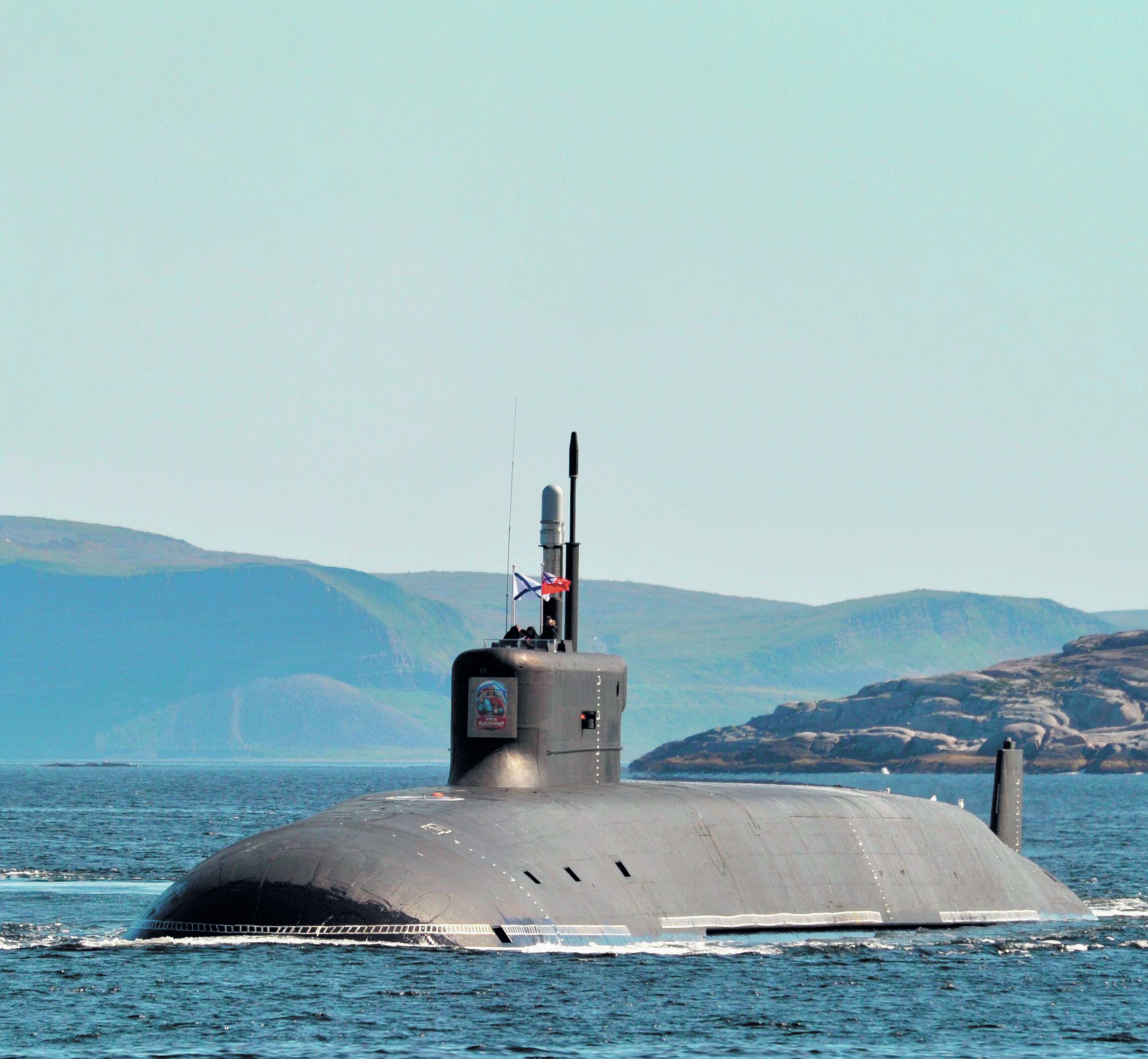
In February 2014, following protests in Ukraine that ousted the country’s president, Russian military forces covertly entered the Crimean peninsula (then part of Ukraine) and engineered a takeover of the region. In response, US president Barack Obama described Russia as ‘a regional power that is threatening some of its immediate neighbours, not out of strength but out of weakness.’ What did Russia’s invasion and annexation of the Crimea signify? Is Russia today a global superpower or a regional actor trying to maintain its historical sphere of influence?
Competition between states with global reach, often referred to as superpowers, lies at the heart of geopolitics. With increased globalisation, global political influence is increasingly dependent on economic strength. Superpower states also use military strength and cultural persuasion — commonly referred to as hard power and soft power — to build and maintain their positions. These capacities alter over time —a state’s ability to project power, both hard and soft, has changed over the course of history. Not all states are superpowers for the same combination of reasons.
Your organisation does not have access to this article.
Sign up today to give your students the edge they need to achieve their best grades with subject expertise
Subscribe




